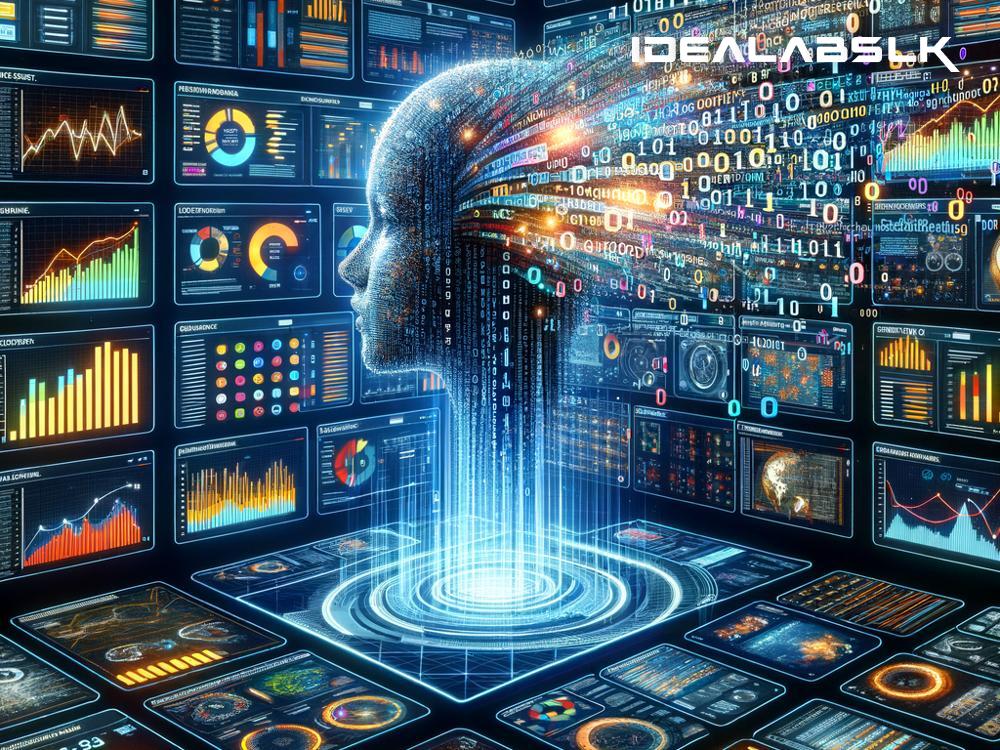AI in Digital Marketing: Key Trends Simplified
In the fast-paced world of digital marketing, Artificial Intelligence (AI) has emerged as a game-changer, revolutionizing how we understand and engage with audiences. AI, in simple terms, refers to the use of computer systems to perform tasks that normally require human intelligence. This includes learning, reasoning, problem-solving, and understanding language. In the realm of digital marketing, AI has unlocked new potentials and pathways for innovation. Let's simplify and explore key trends in AI that are shaping the future of digital marketing.
1. Personalization at Scale
Imagine walking into your favorite coffee shop, and the barista knows your name and your usual order. It feels good, doesn't it? AI enables a similar level of personalization but on a much larger scale. It can analyze vast amounts of data from user interactions, preferences, and behaviors, allowing marketers to tailor content, recommendations, and ads to each individual consumer. This means that the ads you see online are not just random; they are specifically designed based on your online behavior and preferences, thanks to AI!
2. Chatbots: The 24/7 Assistants
Have you ever messaged a business online and received an instant reply? There's a good chance you were chatting with a bot. AI-powered chatbots can communicate with customers in real-time, any time of the day or week. They can answer queries, provide recommendations, and even assist in completing purchases. These AI assistants are becoming increasingly sophisticated, capable of having natural conversations that make online interactions smoother and more enjoyable.
3. Predictive Analytics: Anticipating Your Next Move
Predictive analytics uses AI to analyze past behavior and predict future actions. For marketers, this is like having a crystal ball that reveals what customers might be interested in before they even know it. By understanding these patterns, businesses can create more effective marketing strategies, target their audience more accurately, and optimize their spending for the best return on investment. It's about being proactive rather than reactive, ensuring that the right message reaches the right person at the right time.
4. Content Generation: AI as a Co-Writer
Believe it or not, AI is also stepping into the shoes of a content creator. AI tools can now generate written content, from simple reports and news articles to more complex narratives. While it's unlikely that AI will replace human creativity entirely, it offers a helping hand, streamlining the content creation process and generating ideas and drafts that can be refined by human writers. This trend signifies how AI can enhance human effort rather than replace it.
5. Voice Search Optimization: Speaking the Language of AI
As more people use voice-activated assistants like Siri, Alexa, and Google Assistant, optimizing for voice search has become crucial for marketers. AI is at the heart of this technology, understanding and processing natural language to deliver accurate search results. Marketers are adapting by optimizing their content for conversational keywords and questions, making it easier for these AI systems to find and recommend their information. This trend emphasizes the importance of speaking the language of AI to stay visible in the age of voice search.
6. Image Recognition: A Picture Says a Thousand Words
AI's ability to recognize and interpret images is transforming how brands interact with consumers. From social media platforms that automatically tag you in photos to online stores that let you search for products using images, AI is making it easier than ever to connect with content and products. For marketers, image recognition opens up new possibilities for targeted advertising, customer engagement, and even security measures.
Conclusion
The integration of AI in digital marketing is not just a passing trend; it's a profound evolution that's changing the landscape of how businesses interact with their audience. By harnessing the power of AI, marketers can achieve personalization at scale, engage with customers more effectively, anticipate consumer needs, enhance content creation, optimize for voice search, and unlock the potential of image recognition.
As we move forward, the role of AI in digital marketing will continue to grow, offering new opportunities and challenges. The key for marketers and businesses is to stay informed, adapt to these technological advancements, and always consider how AI can be used to improve consumer experiences. In a world where digital marketing is constantly evolving, AI stands as a beacon of innovation, driving progress and redefining the boundaries of what's possible.

